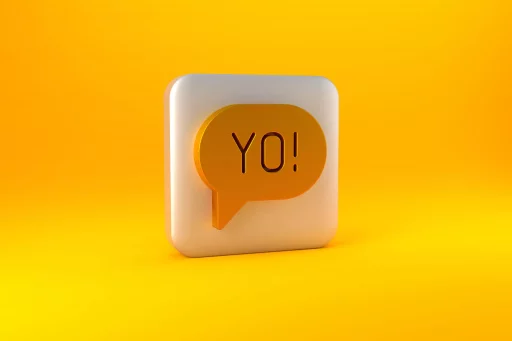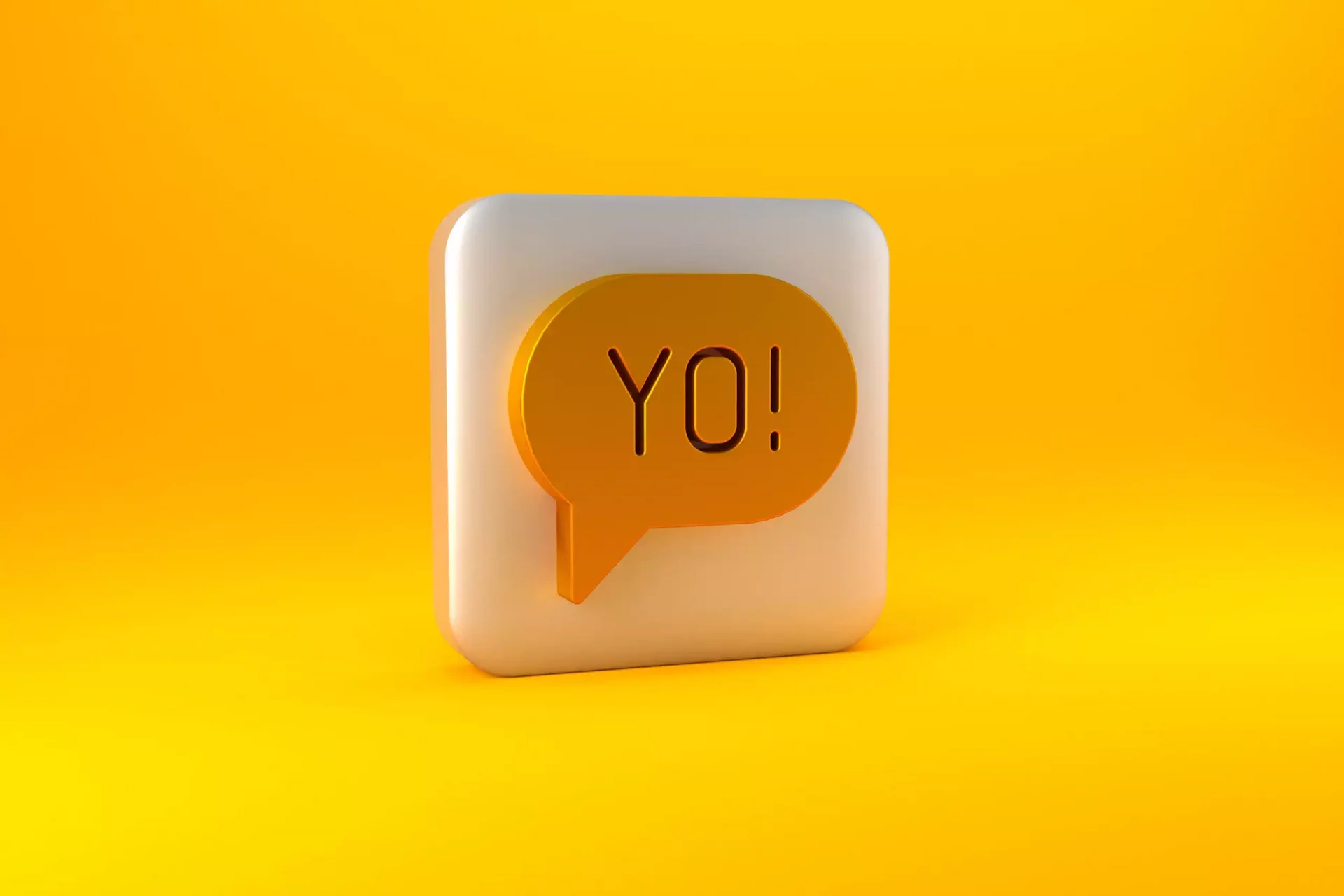Woke has become a popular term in recent years, especially on social media and in youth culture. In urban dictionary, the term ‘woke’ is defined as being aware of social issues and injustices, particularly as they relate to racism and discrimination. Being woke means being conscious and alert to the problems facing society, and taking action to address them.
One example of being woke is advocating for equal rights and representation for all marginalized groups. This can involve supporting movements like Black Lives Matter, LGBTQ+ rights, and indigenous rights, among others. It means understanding the systemic barriers that prevent certain groups from achieving equality, and working to dismantle those barriers.
Case studies have shown the power of being woke in effecting positive change. For instance, the #MeToo movement, which began as a way to raise awareness of sexual harassment and assault, has led to a cultural shift where survivors are increasingly believed and perpetrators are being held accountable. This movement was driven by individuals who were woke to the prevalence of such issues in society, and who were determined to create change.
Statistics also demonstrate the impact of being woke. According to a study by Pew Research Center, younger generations are more likely to be socially conscious and politically active than older generations. This suggests that awareness of social issues is growing, and that more people are engaging in activism and advocacy efforts.
- Engaging in discussions about race, discrimination, and inequality
- Supporting marginalized communities through donations or volunteering
- Participating in protests and demonstrations for social justice
Ultimately, being woke is about more than just being aware of social issues – it’s about taking action to create a more just and equitable society. By staying informed, speaking out against injustice, and supporting marginalized communities, we can all play a role in making the world a better place.






